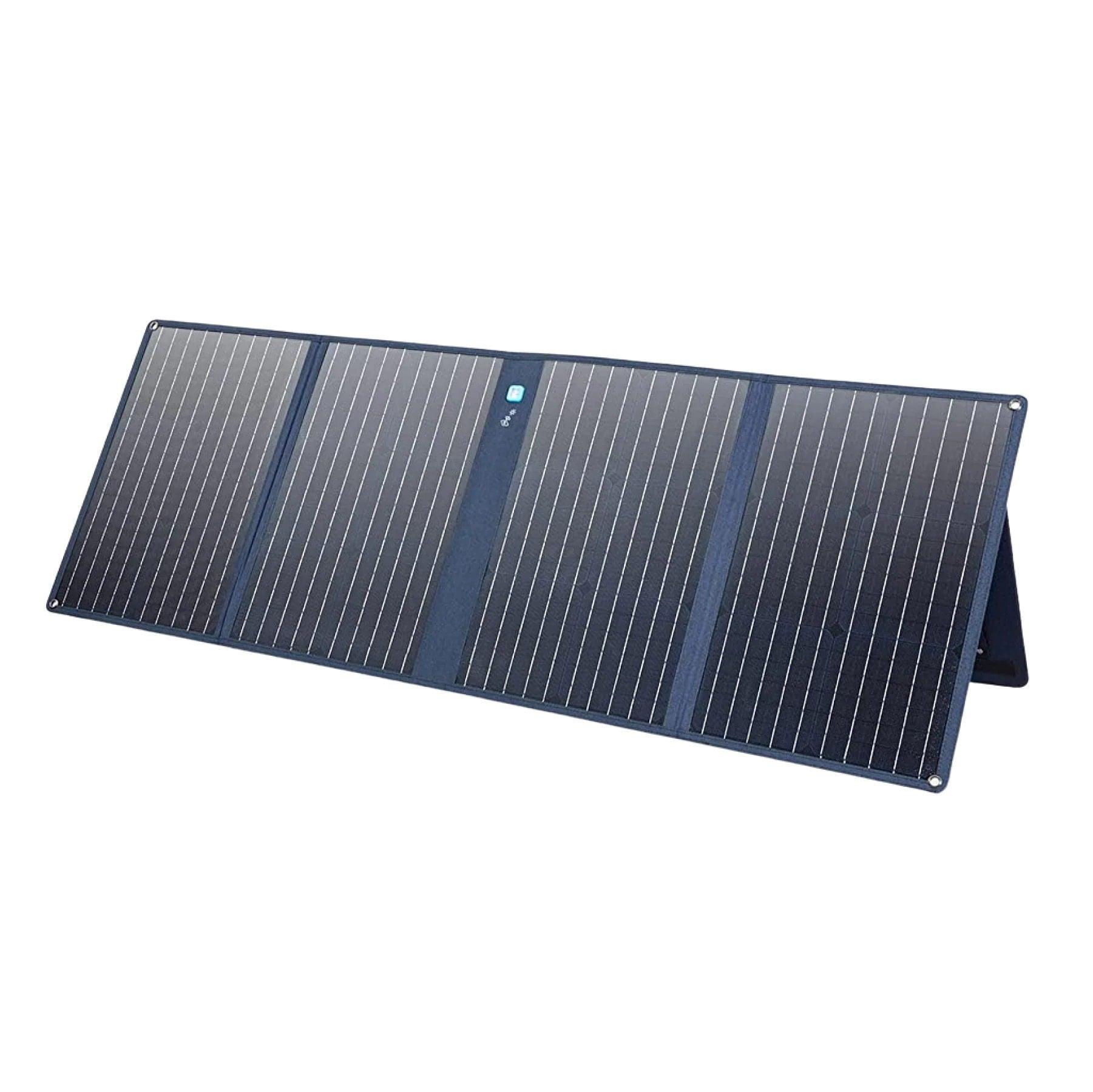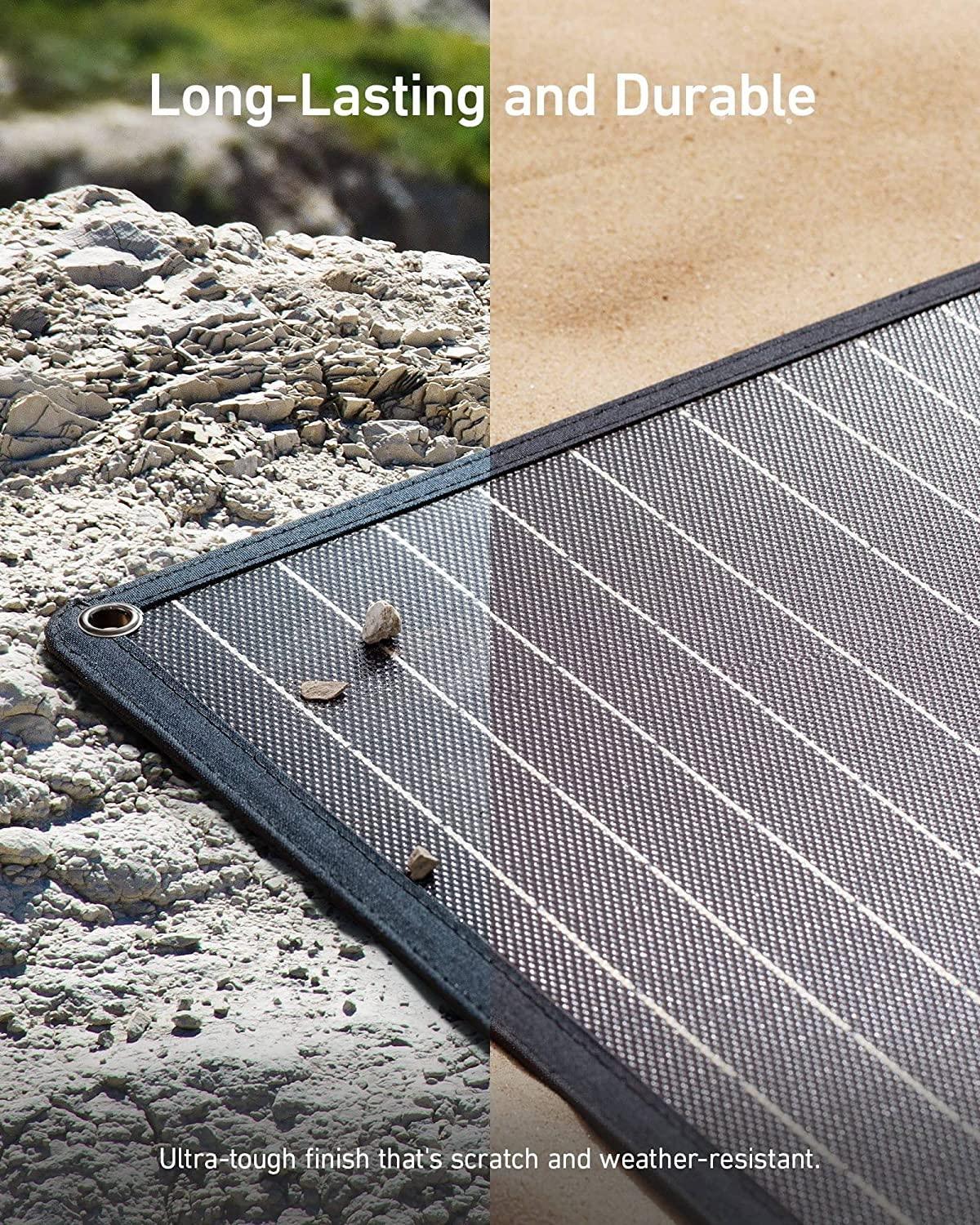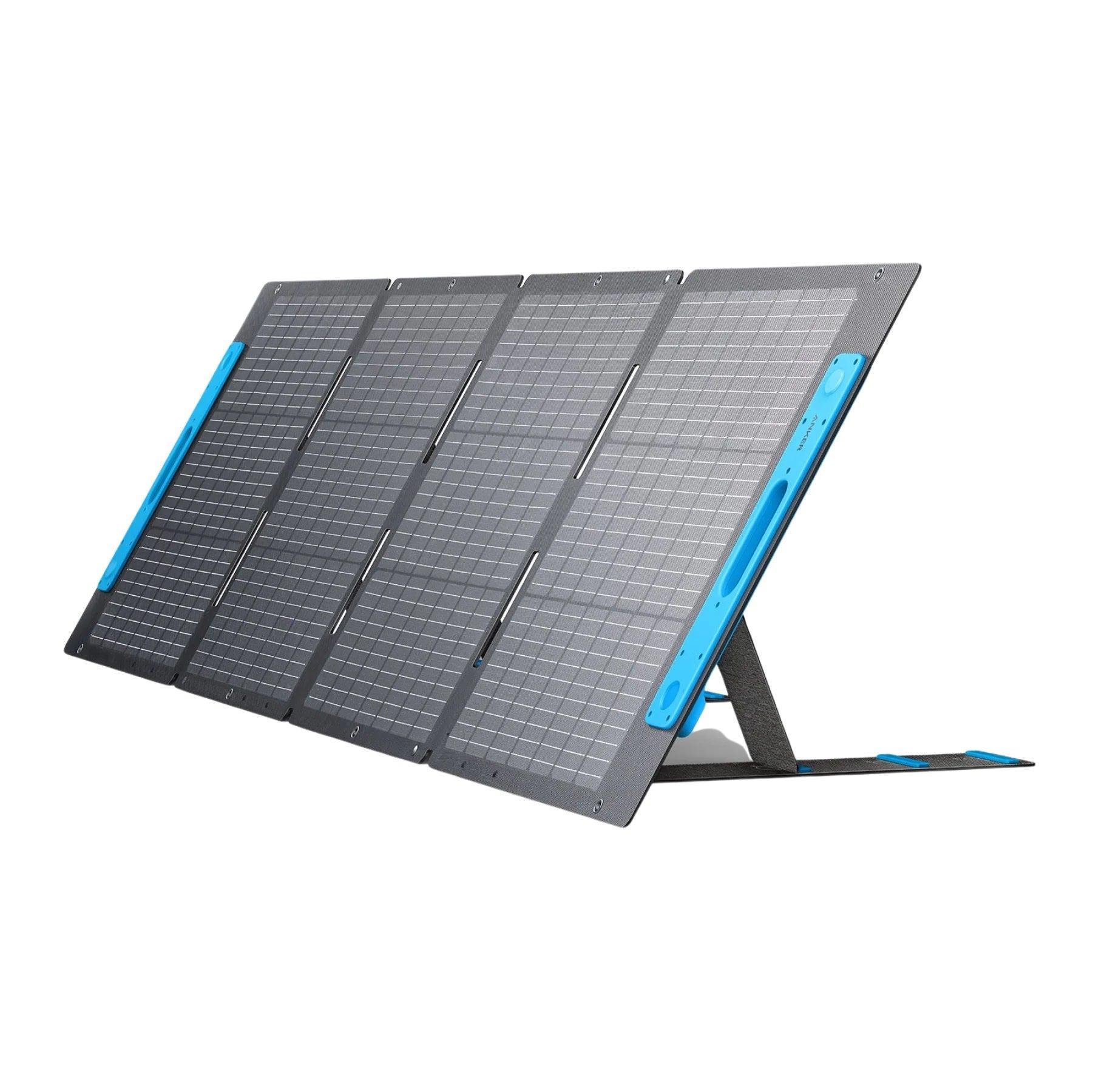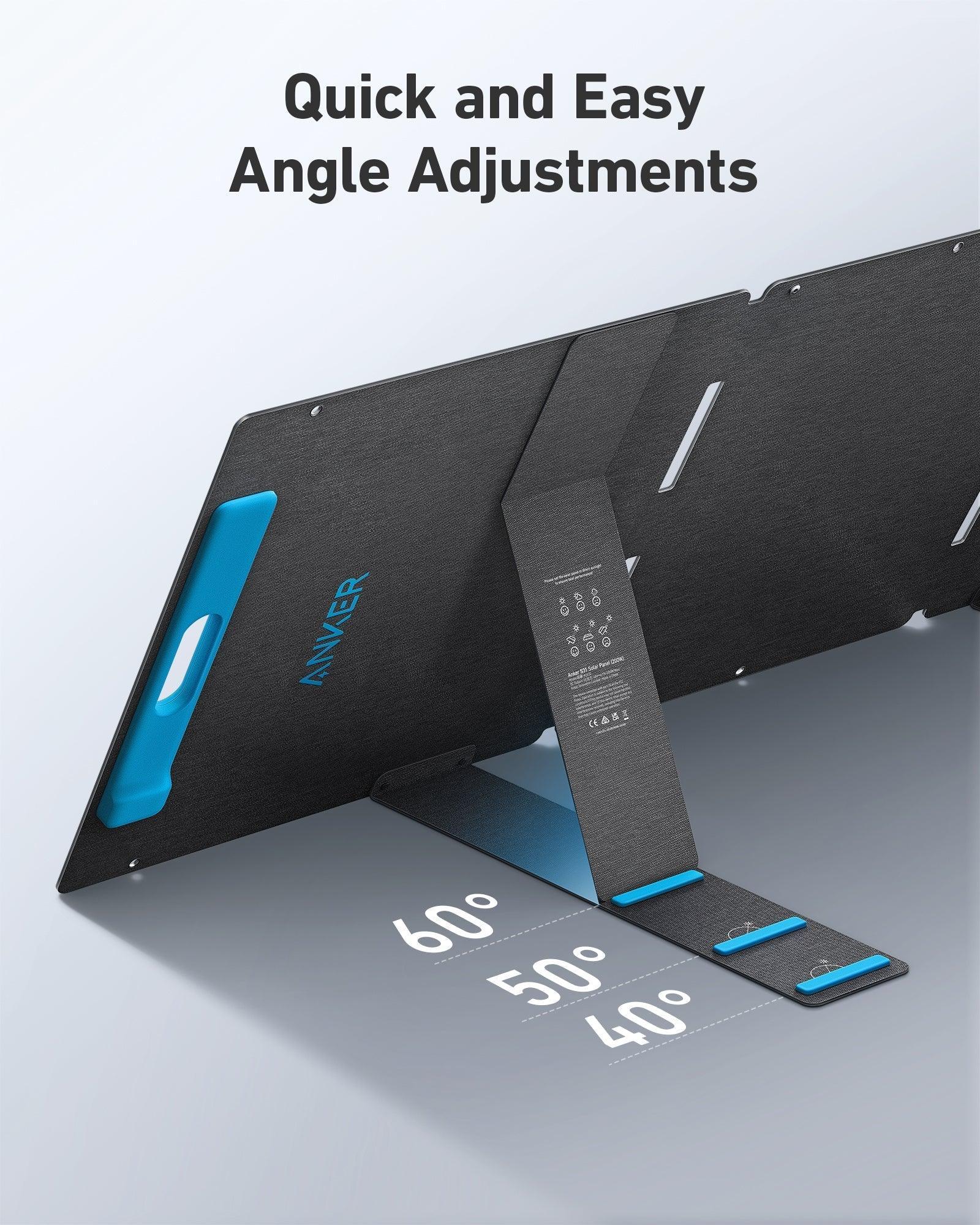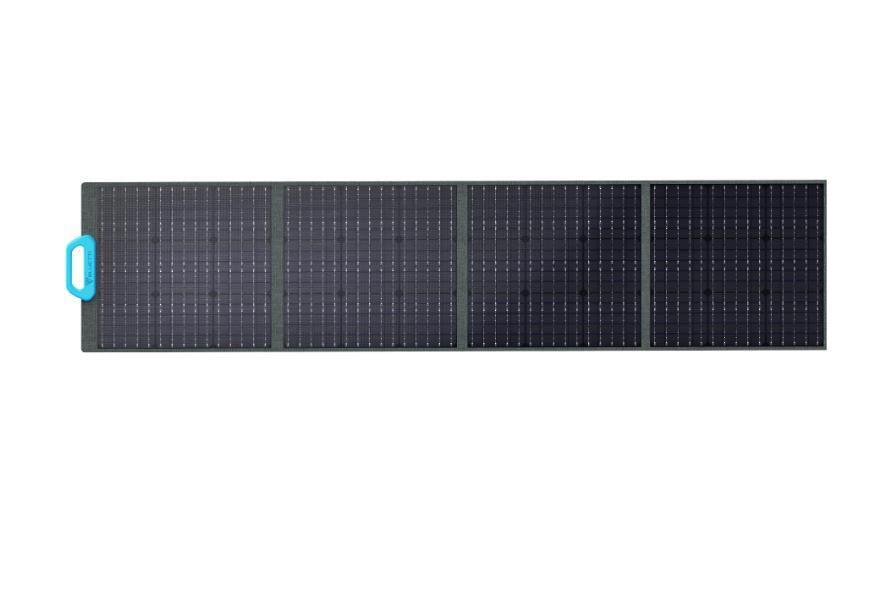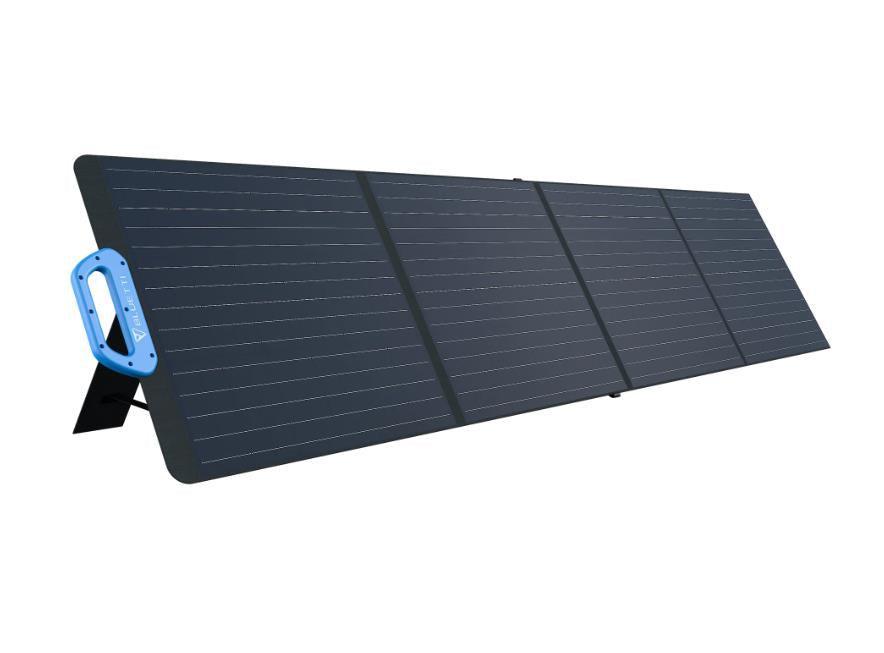With advances in solar panel technology, utilizing solar panels as an alternative to traditional power sources has gained traction in recent years due to their renewable nature and affordability. However, having an effective system requires that you take into consideration a variety of factors such as geographic location, climate conditions, and other cost considerations to optimize your setup.

This is where the solar panel optimizer come into play. It is an incredibly powerful technology that can maximize power output from a photovoltaic (PV) solar array even during times of low or intermittent sunlight, ensuring you get the maximum benefit from your renewable energy system. In this blog post, we will explore the inner working of solar panel optimizers and explain why you should invest in one for your home or business today!
What is a Solar Panel Optimizer?
A solar panel optimizer is a device that enhances the performance of individual solar panels within a photovoltaic (PV) system. It functions by ensuring that each solar panel operates at its maximum power point (MPP), thereby increasing overall system efficiency and output.
Unlike traditional string inverter systems where panels are connected in series, a solar panel optimizer is installed on each panel, allowing for individual optimization. This means that shading, debris, or other factors that affect one panel's output will not impact the performance of the entire system.
Solar panel optimizers utilize maximum power point tracking (MPPT) technology to constantly monitor and adjust the voltage and current of each panel. This optimization prevents power losses due to shading, panel mismatch, or uneven aging, thereby maximizing the energy harvested from the sun.
Additionally, solar panel optimizers offer other advantages such as module-level monitoring, which allows for real-time performance tracking and detection of any issues or faults in the system. They also enhance safety by reducing the high DC voltages typically found in traditional string inverter setups.

How Does a Solar Panel Optimizer Work?
Solar panel optimizers function as DC-DC converters, extracting DC power from solar panels at their optimal voltage and current through MPPT (maximum power point tracking). They then convert the power to a different voltage and current suitable for the central or string inverter.
Some optimizers are designed to work alongside a compatible central inverter, allowing for communication between the inverter and optimizers. This communication ensures that the inverter consistently receives the same total voltage from the panel string. If a shaded panel's output drops, its voltage decreases, but the central inverter adjusts the other optimizers, increasing their output voltage slightly to maintain the required fixed string voltage at the inverter. By individually optimizing each panel, the overall performance of the system is significantly improved.

Types of Solar Panel Optimizers
There are two main types of solar panel optimizers: discrete DC optimizers and smart panels with microinverters. Each type has unique features, advantages, and installation considerations.
Discrete DC Optimizers
Discrete DC optimizers are individual devices attached to each solar panel within a PV system. They perform the task of optimizing and regulating the voltage and current of each panel. These optimizers are connected to a central or string inverter, which receives the adjusted power from the optimizers.
Key Features and Advantages:
- Enhanced efficiency: Discrete DC optimizers maximize the power output of each panel, compensating for shading, debris, or mismatch issues.
- Flexibility: They can be retrofitted into existing solar installations without requiring a complete overhaul of the system.
- Cost-effectiveness: Discrete DC optimizers are generally more affordable compared to microinverters.
Installation Considerations:
- The central or string inverter must be compatible with discrete DC optimizers from the same manufacturer.
- Proper wiring and connections between the optimizers and the inverter need to be ensured during installation.
Smart Panels with Microinverters
Smart panels with microinverters integrate the optimization and inversion functions directly into the solar panels themselves. Each panel has a built-in microinverter, which converts the DC power to AC power right at the panel level. Take Anker or Jackery solar panels as an example, they have a built-in MPPT charging controller, which helps maximize the efficiency of their solar panels.
Key Features and Advantages:
- Panel-level optimization: Smart panels optimize the performance of each individual panel, minimizing power losses due to shading or other factors.
- Simplified design and installation: Since the microinverters are integrated into the panels, there is no need for additional optimizers or a central inverter.
- Monitoring capabilities: Microinverters enable panel-level monitoring, providing real-time data on the performance of each panel.
Installation Considerations:
- Smart panels with microinverters require careful consideration during system design to ensure compatibility with the desired PV system setup.
- In the case of system expansion, all new panels must have integrated microinverters to maintain compatibility and optimize system performance.
When Do You Need a Solar Panel Optimizer?
Solar panel optimizers are beneficial in various scenarios. They are particularly useful when solar panels are subjected to shading from nearby structures, trees, or other obstructions. Additionally, if your solar array consists of panels with different orientations, ages, or technologies, a solar panel optimizer can help overcome performance limitations and maximize energy production. Evaluating factors such as shading analysis, system design, and potential energy losses can help determine if a solar panel optimizer is necessary for your specific installation.
Final Thoughts: Are Solar Panel Optimizers Worth It?
Solar panel optimizers offer significant benefits in terms of energy production, system efficiency, and overcoming performance limitations. While they do add some upfront cost to a solar energy system, their advantages often outweigh the investment. By maximizing energy output and ensuring the optimal performance of each panel, solar panel optimizers can result in increased long-term savings and a higher return on investment.
[ddshopfaq-59442]

